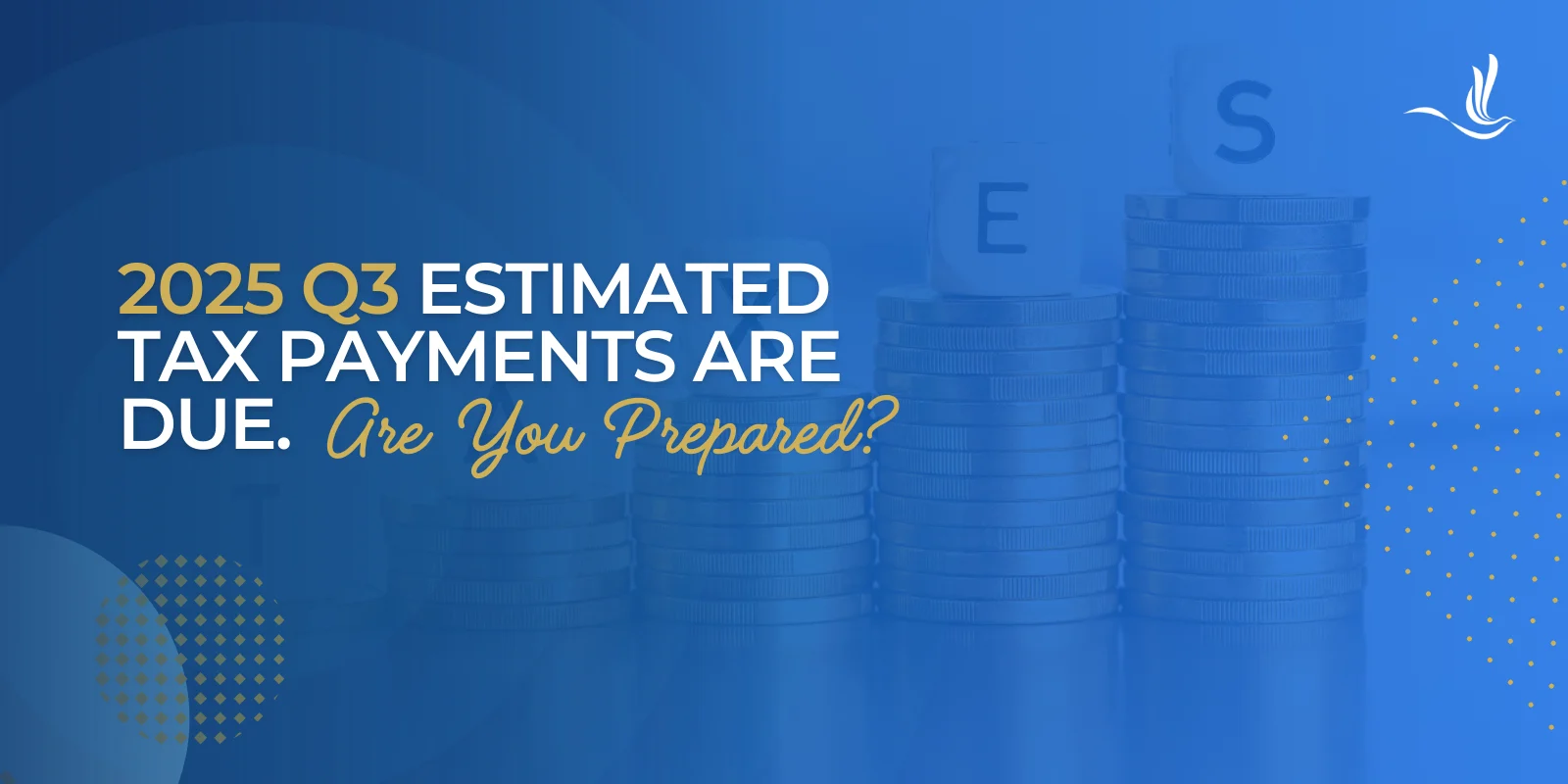Should retail investors have access to the full spectrum of alternative assets? This question inspires spirited debate among investment professionals and regulators. Illiquidity is often cited as a reason to restrict access to private credit, private equity, venture capital, real estate, and hedge funds. But the assumption that more liquid assets are inherently safer is misguided.
Retail investors — especially Generation Zs who are new to investing — are trading speculative investments like binary options and cryptocurrencies on public platforms. Though liquid, these assets are complex and risky — and certainly no “safer” — than those available in the private markets. Investment restrictions based solely on liquidity unnecessarily penalize “mass affluent” retail investors, and we will illustrate how.
Behavioral Finance Insights: The Illusion of Control
Traditional finance holds that the more illiquid the investment, the higher the premium an investor should demand. It also advocates that the smaller the portfolio size and the lower the income availability, the larger the allocation to liquid assets should be. But reality is more complex.
Indeed, investors with “adequate” income levels are still investing overwhelmingly in public markets. Many investors, regardless of their financial literacy, believe they can time the market. They trade public equity daily, aiming to “buy low and sell high.” They lose money with almost absolute certainty.
Market timing is an illusion. No one can time markets consistently and over a long period. Yet, retail investors are trading in liquid markets, despite evidence that they’d be better off with passive exposure. In 2021, Richard Thaler attributed the surge in day trading to “boredom” and to a general decrease in fees. “People like free, so the combination of free commissions and boredom got a lot of them interested in investing, especially at the individual stock level,” he noted. “After all, just buying mutual funds, or even worse, index funds is so boring. There is no entertainment value in buying a global index fund.” Sports betting provides entertainment value that carries similar risks.
Incidentally, Thaler also argued that most day traders believe they are better than the others and are certain they can beat the market. This is a dangerous delusion. These “armchair traders” are pitted against institutional investors who have access to sophisticated infrastructure and information — the equivalent of a Sunday runner trying to beat Usain Bolt.
While an argument could be successfully made that lower-income and unsophisticated investors should steer clear of day trading and illiquid products, those investors with “adequate” levels of wealth should give alternative investments a look.
Private market investments traditionally offer long-term opportunities from which investors cannot exit on a whim. The prevailing argument is that the lack of liquidity in the private markets is per se an issue for all retail investors. But what if, in line with behavioral finance findings, liquidity constraints could instead insulate investors from making subpar decisions?
Illiquidity Premium: Friend or Foe?
Let’s assume that liquidity constitutes a material additional risk driver for investments in private markets. If this was the case, then there would be evidence that investors are rewarded for taking illiquidity risk. And there is.
In a 2022 study, Barclays suggested that there is an average liquidity premium of 2% to 4% for buyout funds and 3% to 5% for riskier early-stage VC funds. In a recent article published on CAIA Association’s blog, author Steve Nesbitt of Cliffwater claims a 4.8% premium for private equity over public markets between 2000 and 2023.
These studies suggest investors are indeed rewarded for their illiquidity risk. But if this illiquidity premium exists, should there not be a free market for any investor to access these opportunities and benefit from this premium? Not so fast.
Notable performance numbers do not, per se, support the case for extending access to every investor. But they at least beckon the financial community to ask the question given our fiduciary obligations.
If we assume the highest illiquidity premium from the two studies cited (5%), does liquidity pose a threat so big to investor risk-return profiles that access to private markets should be limited? Would these premiums erode if the floodgates were opened to the mass market?
In pondering these questions, our sense is that when it comes to private markets, there are many other factors that need to be considered by investment professionals, investors, and regulators.
First, not all alts are created equal. They carry various risk-reward profiles and do not follow a one-size-fits-all approach. This fact alone indicates the need for fine tuning by regulators. Second, even mass-market investors have different investment objectives, beyond just absolute performance. Diversification and value-alignment are just two examples. That is why the question of whether an investor should add private market assets to the portfolio should be tied to the investor’s risk-return profile.
Liquidity Constraints and Accreditation
To be clear, investor screening systems that protect weaker individuals are a good thing. But it is worth asking why regulators believe liquidity is a primary discriminant when deciding what products unaccredited (unsophisticated, less wealthy) investors can access. The Securities and Exchange Commission (SEC), the European Union (EU), and the UK’s Financial Conduct Authority (FCA) take different approaches regarding access to less-liquid products. All the approaches are based on a combination of wealth and education.
It seems inconsistent that non-accredited investors may access products such as crypto or binary options trading exchanges simply because these products are liquid. Do regulators believe that because it is relatively easy to find buyers, an unsophisticated investor is necessarily protected?
Options are complex instruments traditionally used by institutional investors to reach specific portfolio goals. On the other hand, platforms selling binary options or contract for differences (CFDs) are akin to casinos, where payout is “all or nothing.” How is it that these investments do not require accreditation?
Lifting Barriers to Access: An Example
The European Union took an innovative approach in regulating more liquid private market investments in 2015 with Regulation 2015/760, which introduced the European Long-Term Investment Fund (ELTIF). At first, ELTIF struggled to deliver on its promise of “democratizing” private market investments. The EU recently modified the regulation, adopting a more flexible framework.
The most notable change was lifting restrictions tied to liquidity. Notably, under ELTIF 2.0 (as the new vehicle has been labeled), the 10,000 euro minimum investment amount for individual investors was removed. The maximum investment in a single asset was doubled to 20%, and the minimum investment in eligible assets was lowered to 55% from 70%. To promote ease of access to private markets, the eligibility assessment was aligned with the MiFID tests, which harmonize the educational assessment criteria to ensure investors meet a threshold of understanding these investments prior to making financial decisions.
The EU has yet to finalize the regulatory technical standards, with policies around redemptions, minimum holding periods, disclosures, notification obligations, and valuation frequency are being discussed by the European Union Securities and Markets Authority (ESMA) and the EU Commission.
The legal framework for ELTIF 2.0 is expected to be finalized in the fourth quarter of 2024, and access to private markets for the mass affluent is likely.

Image from CAIA’s Mapping a Journey Towards Alternative Investments in Wealth Management “Crossing The Threshold.”
Bain reported in 2023 that $8 trillion to $12 trillion in household funds are available to be deployed in private alternative assets. Individual investors hold about 50% of the estimated $275 trillion to $295 trillion of total global assets under management (AUM), but they account for just 16% of the AUM invested in alternative asset funds. The main barriers are administration costs, illiquidity, difficult collateral process for lending, and high minimum investment size. With ELTIF 2.0 providing a roadmap to alleviate many of these barriers, the alternative assets market is expected to grow significantly as a portion of individual portfolios.
A Challenging, Nuanced Reality
In conclusion, the debate on illiquidity in alternative investments reveals a nuanced reality that challenges conventional wisdom. While liquidity is often seen as a safeguard for investors, particularly those with lower incomes, it can also lead to poor investment decisions driven by behavioral biases. The assumption that more liquid assets are inherently safer is misguided, as the ease of trading can tempt investors to make impulsive, suboptimal choices. This is evident in the wide access regulators offer to day trading and “speculative” investments like binary options and cryptocurrencies.
On the other hand, less- liquid alternative investments offer long-term opportunities that can shield investors from the pitfalls of market timing and impulsive trading. It remains to be seen if the development of more-liquid secondaries markets could convince regulators to widen access to private market opportunities.
For now, the inconsistency in regulatory treatment between highly speculative, liquid investments and professionally managed, illiquid alternatives raises important questions. If the goal is to protect investors, the focus should be on the overall risk profile and, importantly, on the investor’s understanding of financial products, rather than on liquidity.
An important consideration is “skin in the game,” which only a little more than half of private credit managers have. Managers who invest their own capital alongside their clients’ align their interests with those of their investors. This alignment can enhance trust among retail investors, potentially justifying regulatory reforms to increase access to such alternative investments. Learning that managers are equally exposed to the risks and rewards of their investments can instill greater confidence and mitigate investor concerns about illiquidity.
Ultimately, illiquidity should not be an automatic deterrent for retail investors, nor should it be the major determinant to exclude less-sophisticated investors from potential good opportunities. For those with adequate income and investment knowledge, the constraints of illiquid assets can serve as a valuable discipline, promoting more strategic, long-term investment behavior.
Therefore, rather than running away from illiquidity, investment professionals, investors, and regulators alike should recognize its potential benefits and consider a more balanced approach.
Related Content: The Finfluencer Appeal: Investing in the Age of Social Media





























